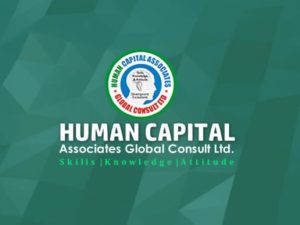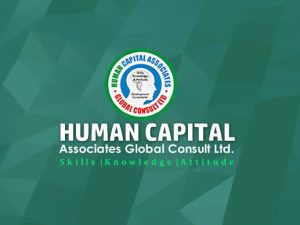Workshop on Logistics Management
Jan. 29 – Feb. 2, 2024, 1st Run: Lagos & Port Harcourt
July 29 – Aug. 2, 2024, 2nd Run: Lagos & Abuja
For Tutor -Led Class: 9am – 4:30pm
Workshop fee: N250, 000 per Participant
For online: Delivery via Zoom
Online course fee: N200, 000 per Participant
Available for In-plant Training
Program overview:
Logistics is the management of the flow of things between the point of origin and the point of consumption in order to meet requirements of customers or corporations. The resources managed in logistics can include physical items such as food, materials, animals, equipment, and liquids; as well as intangible items, such as time and information. The logistics of physical items usually involves the integration of information flow, materials handling, production, packaging, inventory, transportation, warehousing and often security.
At the completion of this program participants will have a detailed knowledge of various kinds of a distribution system, cost associated with logistics operation, strategies to reduce this cost, when to make and when to buy, etc.
For whom:
This program is designed for Logistics professionals at all levels of the organization. In addition, this course is ideal for those seeking to complement their supply chain and logistics experience with the latest knowledge in the field in preparation for assuming a higher position at their organization.
Learning objectives:
At the end of the course, participants will be able to:
- recognize modern supply chain and logistics trends as a basis for sustainable performance;
- employ qualitative and quantitative material forecasting techniques for a streamlined logistical operation;
- develop go-to-market strategies for different product categories based on associated supply risk and financial impact of each;
- describe role of transportation in logistics and identify opportunities for operational improvement;
- identify the role of warehousing, focusing on operations and performance optimization; and
- apply Supply Chain Operations Reference (SCOR) framework to manage strategic, operational and tactical facets of logistics.
Course outline:
Day: Logistics trends and practices
- Logistics overview
- Logistics, supply chain and the organization
- Strategic, tactical and operational elements of logistics
- Sustainable logistics, Concepts in logistics
- 3rd Party Logistics (3PL), 4th Party Logistics (4PL)
Day 2: Transport management
- Objectives of transport management
- Costs associated with transport management
- Transportation modes and types
- Efficient and effective transportation
- Matching the strategic service level
- Drawing transportation routes, managing cubing of cargo
- Considerations for international transportation: Working with Incoterms 2010
Day 3: Warehousing operations
- arehousing network design, Configuration of warehousing space,
- Value adding activities, Stockpiling, spot stocking and assortments
- Cross docking, break bulking and consolidation
- Mixing, postponement and assembly-to-order
- Warehouse activity profiling, Warehousing cost calculation
- Sustainable warehousing practices
Day 4: Inventory management
- Materials management scope
- Objectives of materials management
- Inventory types and classification
- Materials management challenges
- Material replenishment strategies
- Make-to-stock, Make-to-order, Assemble-to-order,
Design-to-order
- Design for the supply chain, Design for the environment
Day 5: Logistics and performance management
- The SCOR framework
- Identifying high level SCOR metrics
- Customizing low level SCOR metrics
- Managing targets
- Initiative for performance improvement
Training Methodology
Lectures, discussions, exercises, case studies, audio-visual aids will be used to reinforce these teaching/learning methods.
Related Courses





